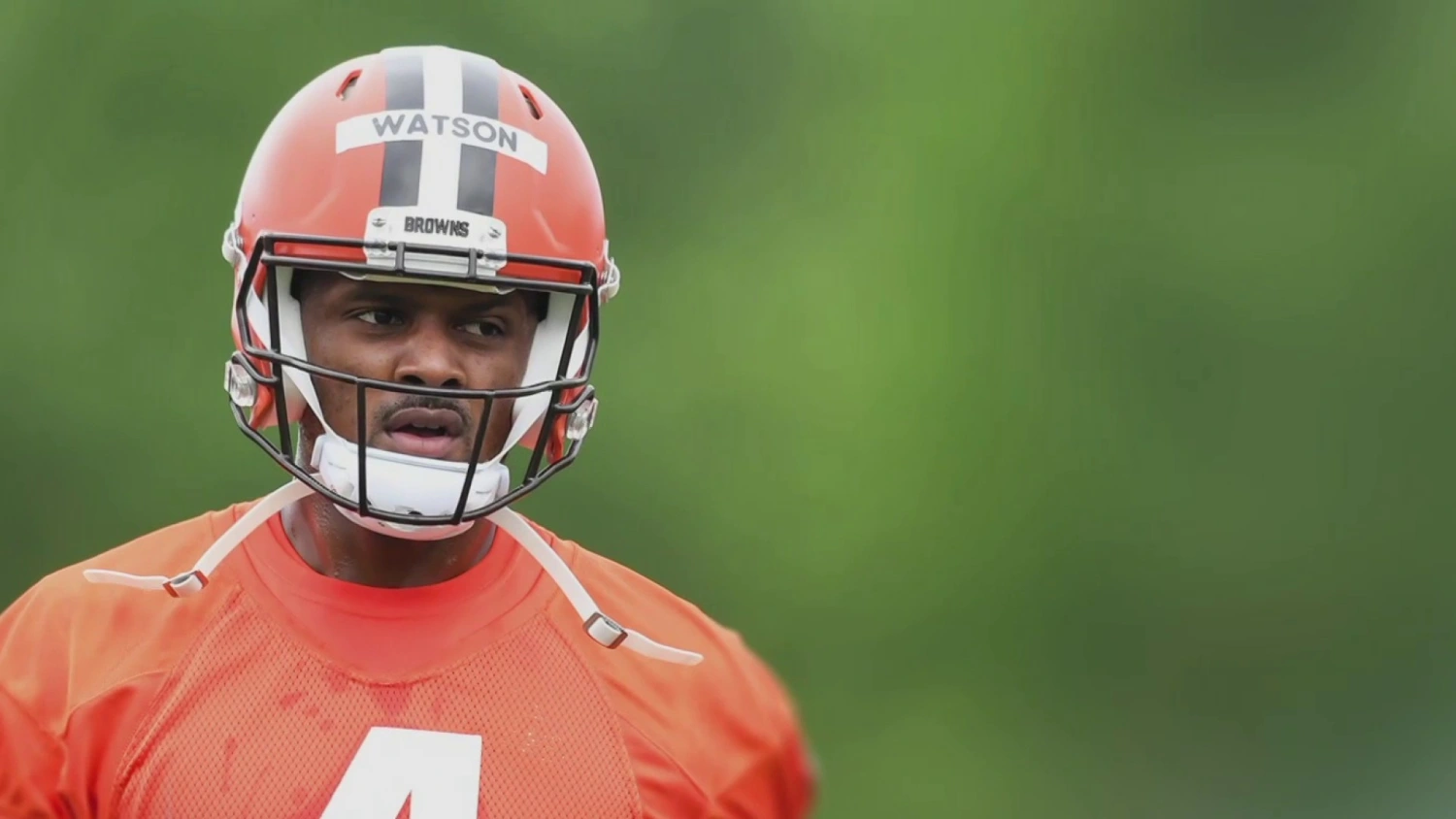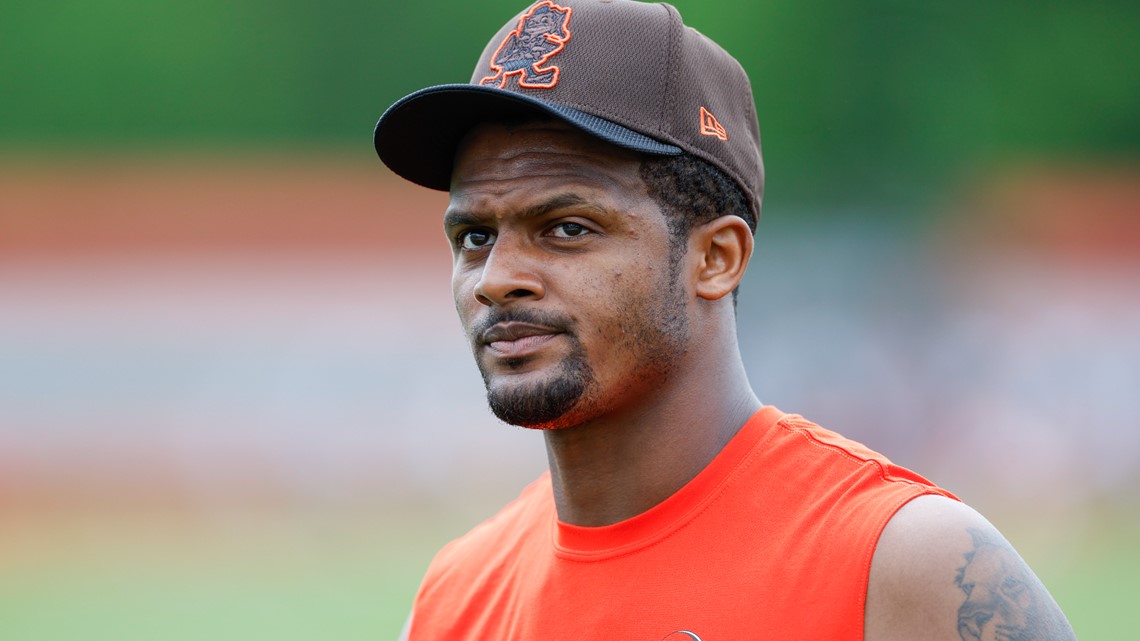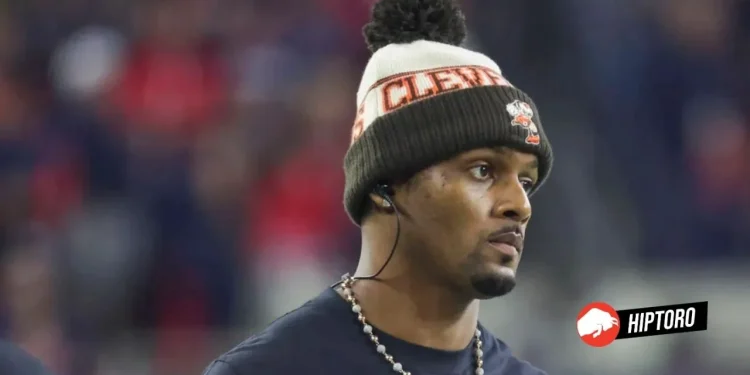The Cleveland Browns’ acquisition of Deshaun Watson in March 2022 stands as a pivotal case study. Initially met with skepticism, the transaction’s ramifications have unfurled over two years, painting a picture of strategic missteps and missed opportunities.

The Trade That Shook The NFL
The Browns’ pursuit of Watson was audacious. Swapping a troubled yet talented quarterback for a treasure trove of draft picks, Cleveland bet big on Watson’s ability to redefine their offense. The specifics of the deal were eyebrow-raising: Watson and a 2024 sixth-round pick for an array of first and fourth-round picks spanning 2022 to 2024. The ambition was clear, yet the execution and aftermath have spurred more questions than answers.
Houston, on the receiving end, leveraged Cleveland’s draft capital to rebuild and reinvigorate. Kenyon Green and Dameon Pierce picked in 2022, showed promise despite injury hurdles.
The 2023 picks metamorphosed into edge-rusher Will Anderson and receiver Tank Dell, talents that have rapidly become cornerstones for the Texans. The coup de grâce was the acquisition of Stefon Diggs, a wide receiver with a proven track record of excellence, further bolstering Houston’s offensive arsenal.
Deshaun Watson declares he'll be ready for the 2024 season opener for the Cleveland Browns following shoulder surgery. Despite concerns over his contract and performance, he aims to come back stronger. Watson's remarkable performance in a… https://t.co/lyI8fHN48C
— NFL Digest (@nflpress_digest) April 4, 2024
A Tale of Two Teams: Cleveland Browns and Houston Texans
The contrasting fortunes of the Browns and Texans post-trade are stark. Watson’s tenure in Cleveland has been underwhelming, marred by inconsistent performances and a failure to elevate the team’s standing in the NFL hierarchy. His statistics—eight wins, 14 touchdowns, and nine interceptions over two seasons—are a testament to the challenges he’s faced in adapting and delivering on the expectations set by his high-profile move.
Houston, in contrast, has flourished from the trade, assembling a young and dynamic team poised for growth. The Texans’ strategic acquisitions have not only filled critical gaps but have also injected hope and excitement into their fanbase. The trade’s outcome has thus far tilted heavily in Houston’s favor, underlining the Browns’ miscalculation and the Texans’ savvy asset management.

A Legacy of What-Ifs
The Browns’ front office, long scrutinized for its drafting and asset management, faces renewed criticism. The Watson trade encapsulates the high-risk, high-reward nature of NFL transactions, serving as a cautionary tale for other franchises. The overarching narrative is not just about Watson’s struggles or Houston’s resurgence but also about the intricate dance of decision-making that defines the fortunes of NFL teams.
In retrospect, the trade’s legacy is multifaceted. It’s a reminder of the gamble inherent in chasing immediate success through blockbuster trades. For Cleveland, the deal is a painful chapter of what-ifs—a reflection on the unpredictable nature of football and the high stakes involved in chasing glory.
As the NFL landscape continues to shift, the Browns’ bet on Watson will remain a focal point for discussions on risk management, player evaluation, and the ever-present quest for a winning formula. In the end, the true verdict of this trade will be delivered not just by the performances on the field but by the long-term trajectories of both franchises involved.

Source: Yardbarker









